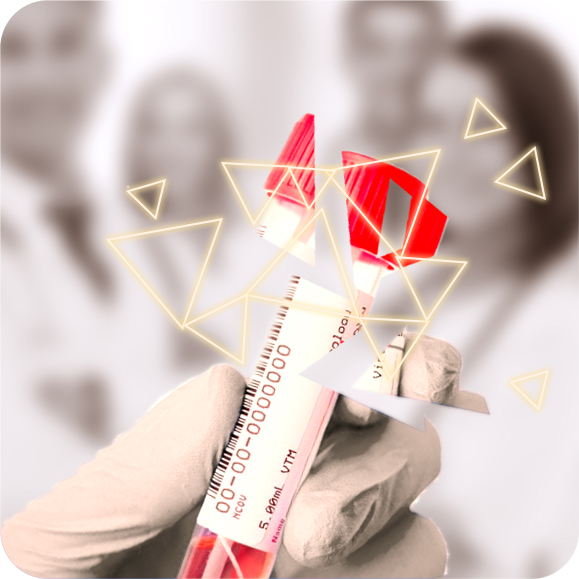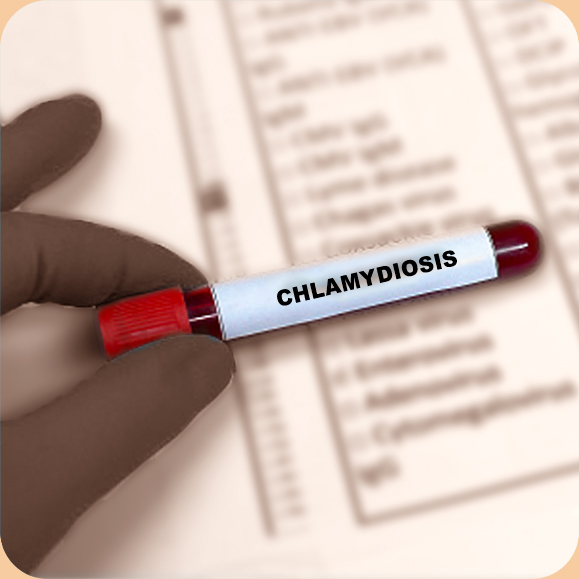Your provider may order a few various tests to check for STI's. The most common ones are a genital swab, a urine sample or a blood test. But if you are reporting instances of oral sex or anal sex, they may also choose to order a throat swab or a rectal swab. So the Cdc recommends that every sexually active adult be tested at least once per year, and they may actually recommend more frequent testing if you are someone that has multiple sexual partners at a time, or if you're a man who has sex with other men. Now that you know a little bit about what testing looks like let's talk about how you can sort of lower your risk for contracting those STI's in the first place. So I'm gonna talk about six different things.
The first thing we recommend are just barrier protection. These are things like condoms, or internal, or female condoms, or dental dams.
The second thing that we recommend is just limiting the amount of partners that you have so the more sexual partners you have the more risk that you're carrying.
The third thing that we'd recommend is just communicating with your partners about sex. I know it can be a little awkward when you are getting in the mood with someone to stop and talk about The last time they've been tested for STI's that's why we recommend actually doing it before any of that happens, so you're both on the same page.
The fourth thing that we recommend is if you are going to use any sex toys while you're engaging in sexual activity. Make sure that you don't share them and then learn how to properly clean them after you are done.
The fifth thing is that if you're choosing to use alcohol and other drugs while engaging in sexual activity, sometimes those can make people choose to do things that they might otherwise not choose to do, if they were not using those alcohol and other drugs. We recommend that you would limit your usage of those before or during sex.
And the last thing we recommend is just to get tested more frequently. I know, it can be scary or embarrassing to get tested, but sometimes because some of STI's show no symptoms, you won't know until you get tested. So make sure that you're getting in touch with your provider, if you think you've had a possible exposure to an STI.








